
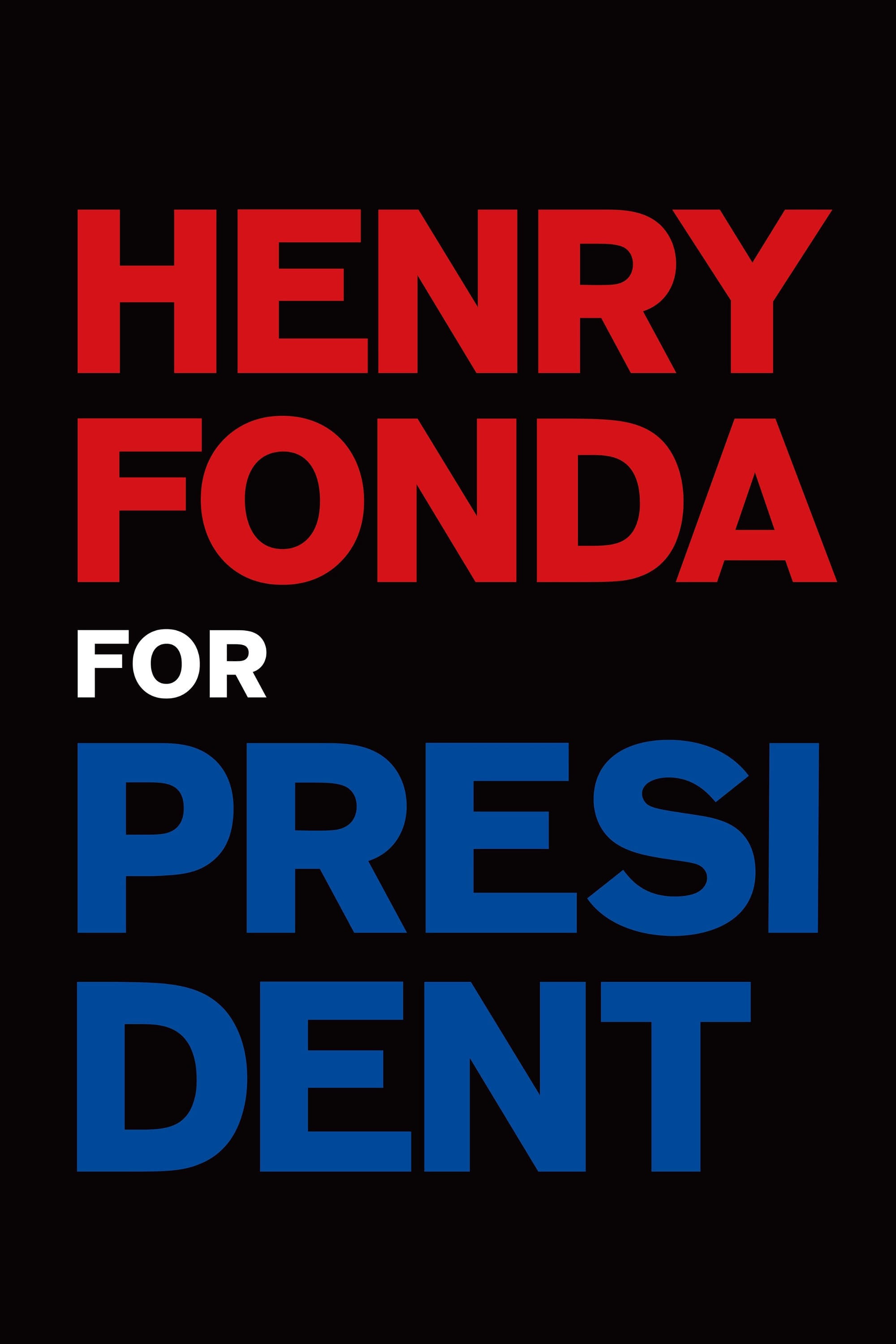
A personal essay about the United States, viewed through the life and work of a movie actor. Henry Fonda and the roles he played merge into a dazzling and conflicted figure. A very private man who thought he had “no good answers to anything” becomes the unlikely motor of a parallel history. His voice, recorded during his last interview in 1981, and his onscreen avatars guide us through America’s past and present – on a road trip from the village of Fonda, NY, across the Midwest to the Pacific; from 1651 to the 1980s and the presidency of another movie actor. It takes many places and times and characters to imagine an invisible republic – the United States of Fonda.
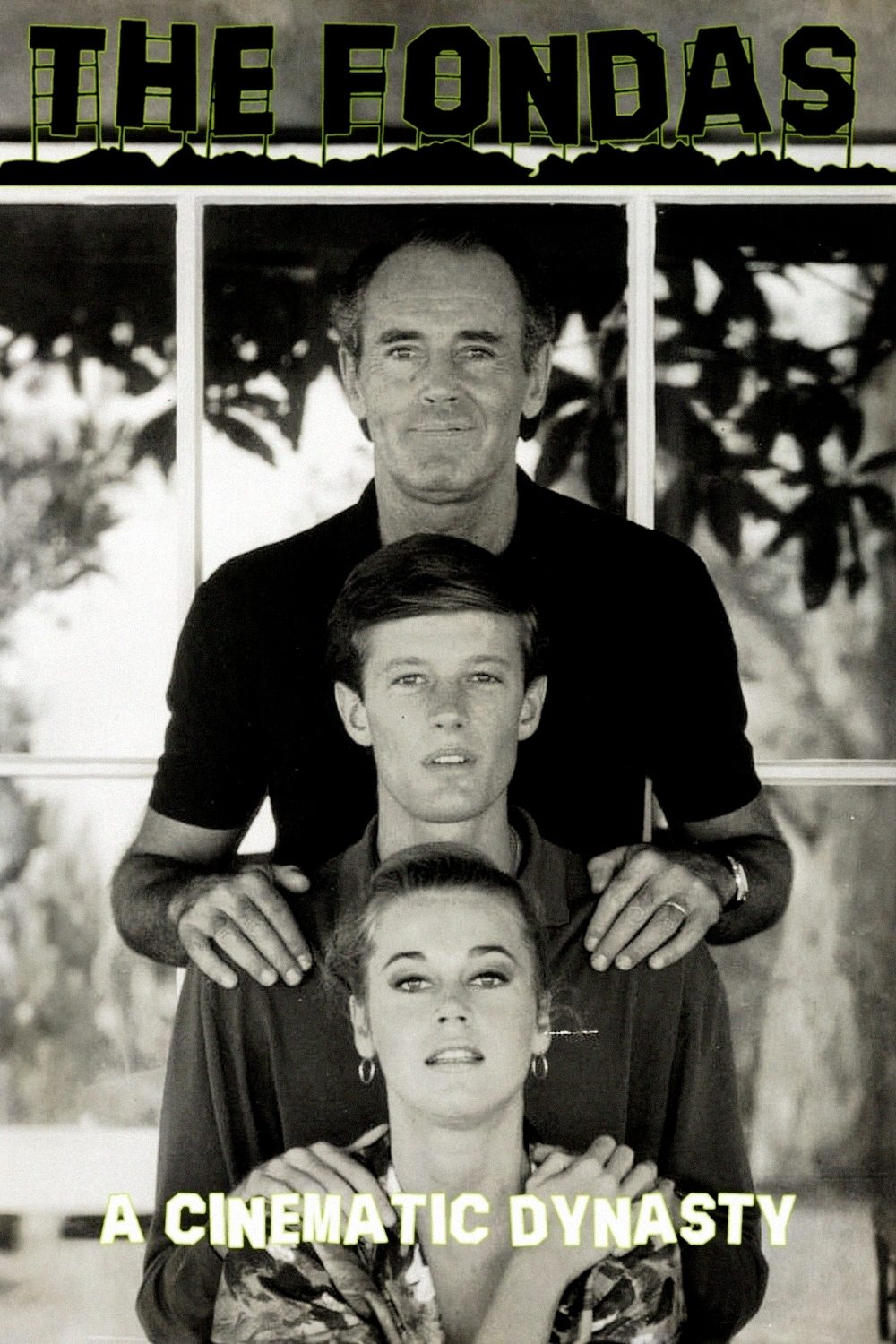
The story of legendary actor Henry Fonda (1905-1982), and his children, Jane (1937) and Peter (1940-2019), who would become famous performers in their own right, pop culture icons, and political and social activists; three members of Hollywood royalty who maintained a tense and complicated relationship.
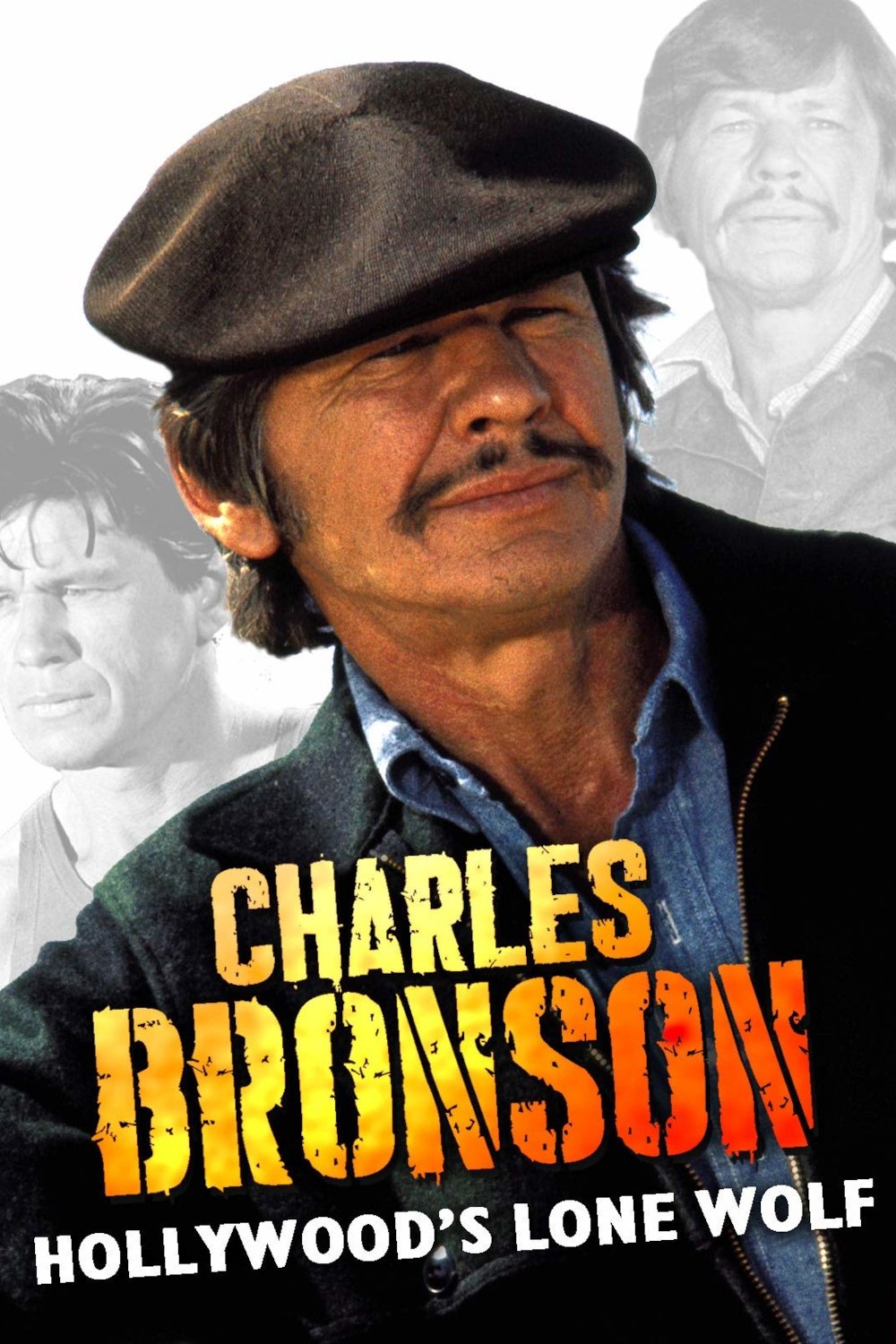
With his grizzled moustache and chiselled features, Charles Bronson is the embodiment of a slightly archaic, brooding and almost reactionary virility. But who is he really? Often hired to play marginalised Native American or Mexican characters before he was typecast as the image of a lone killer, Bronson was a major figure in the popular cinema of the 1960s and 70s and his stony-faced, physical acting and career are worthy of a second look.
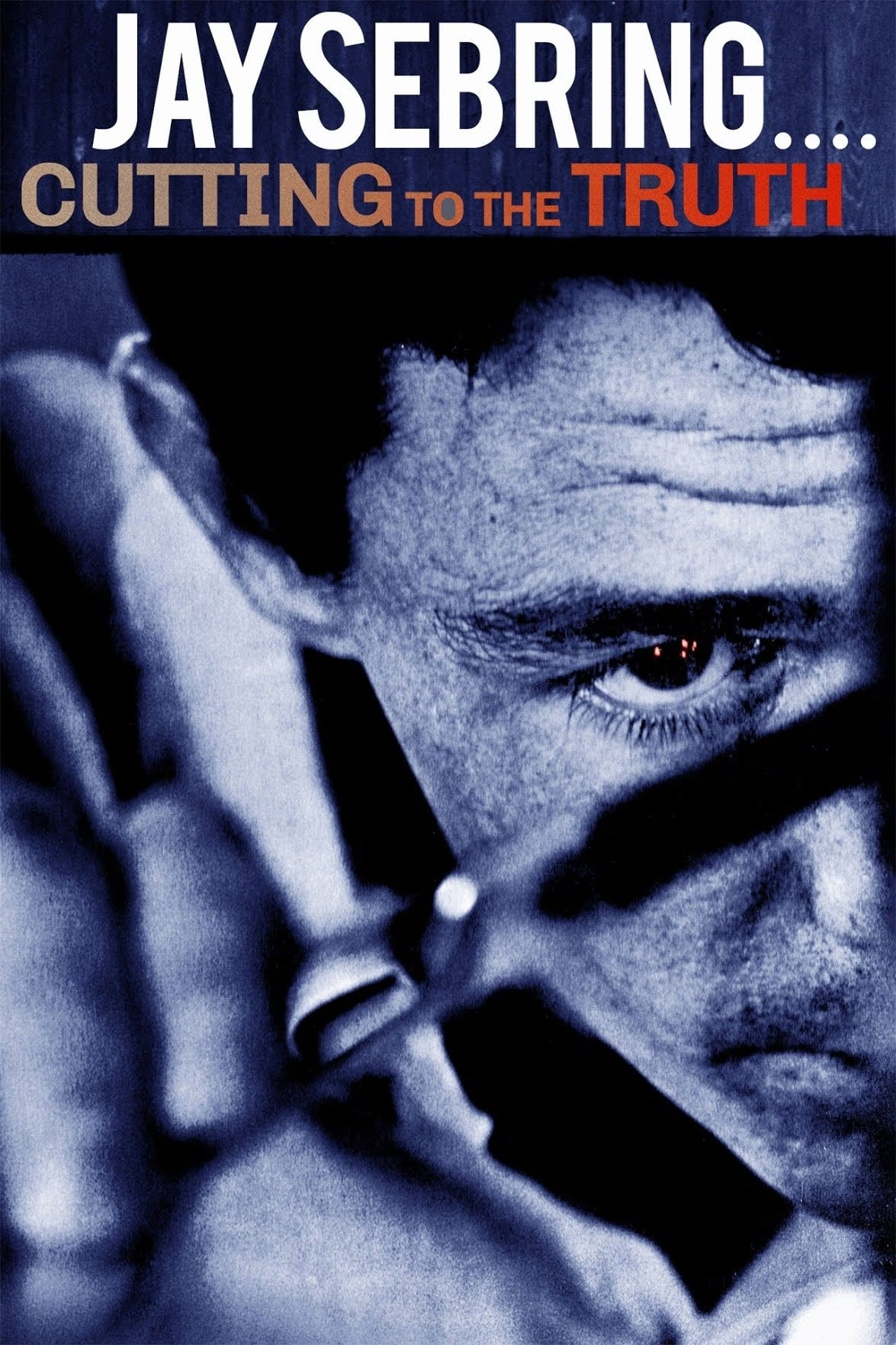
An illuminating portrait of Jay Sebring — the long-forgotten artist, designer, and entrepreneur who created a billion-dollar hair & beauty industry and defined iconic Hollywood styles for men.
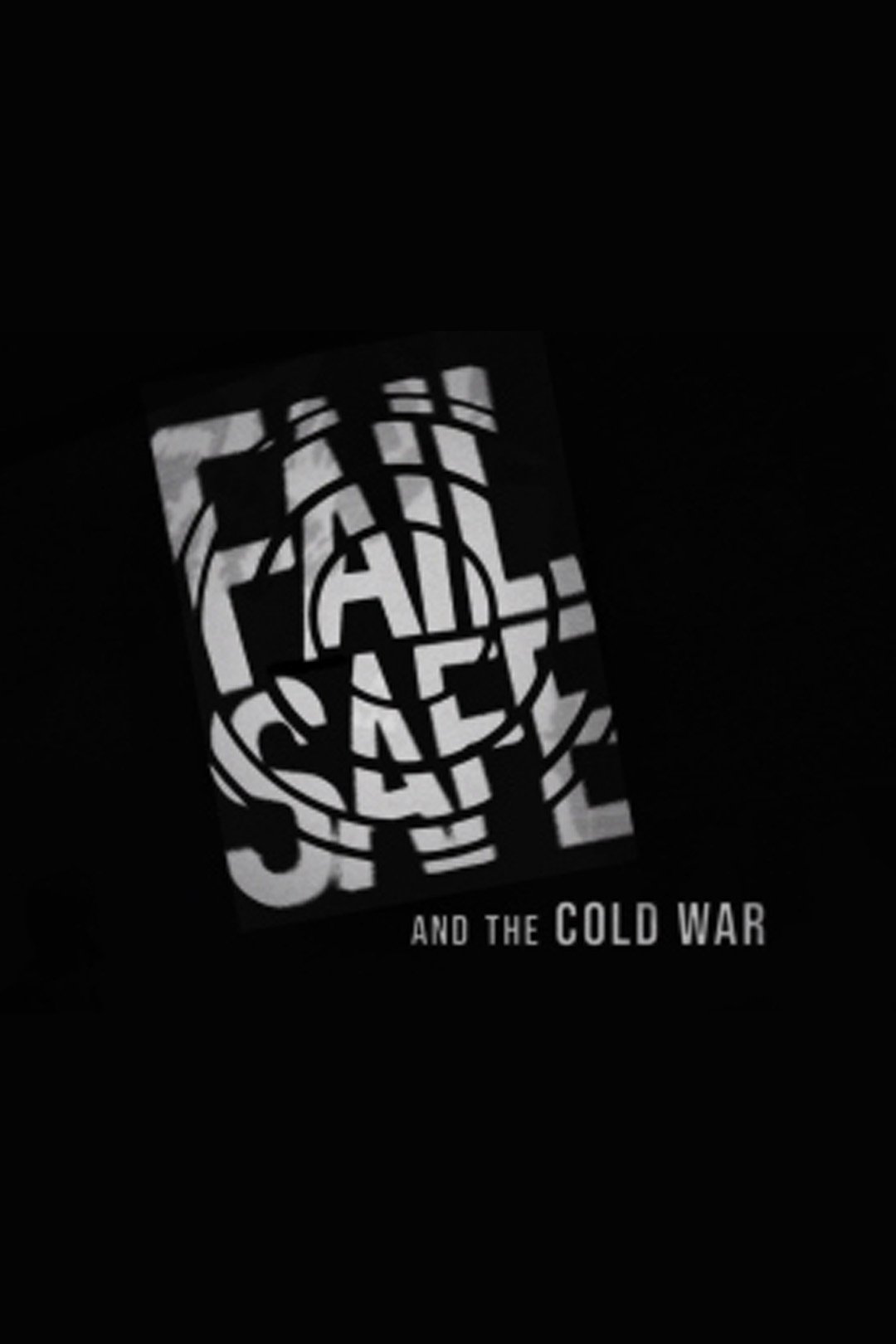
Film critic J. Hoberman discusses the best-selling 1962 novel by Eugene Burdick and Harvey Wheeler on which "Fail-Safe" is based, along with the pervasiveness of nuclear paranoia in films of the sixties.
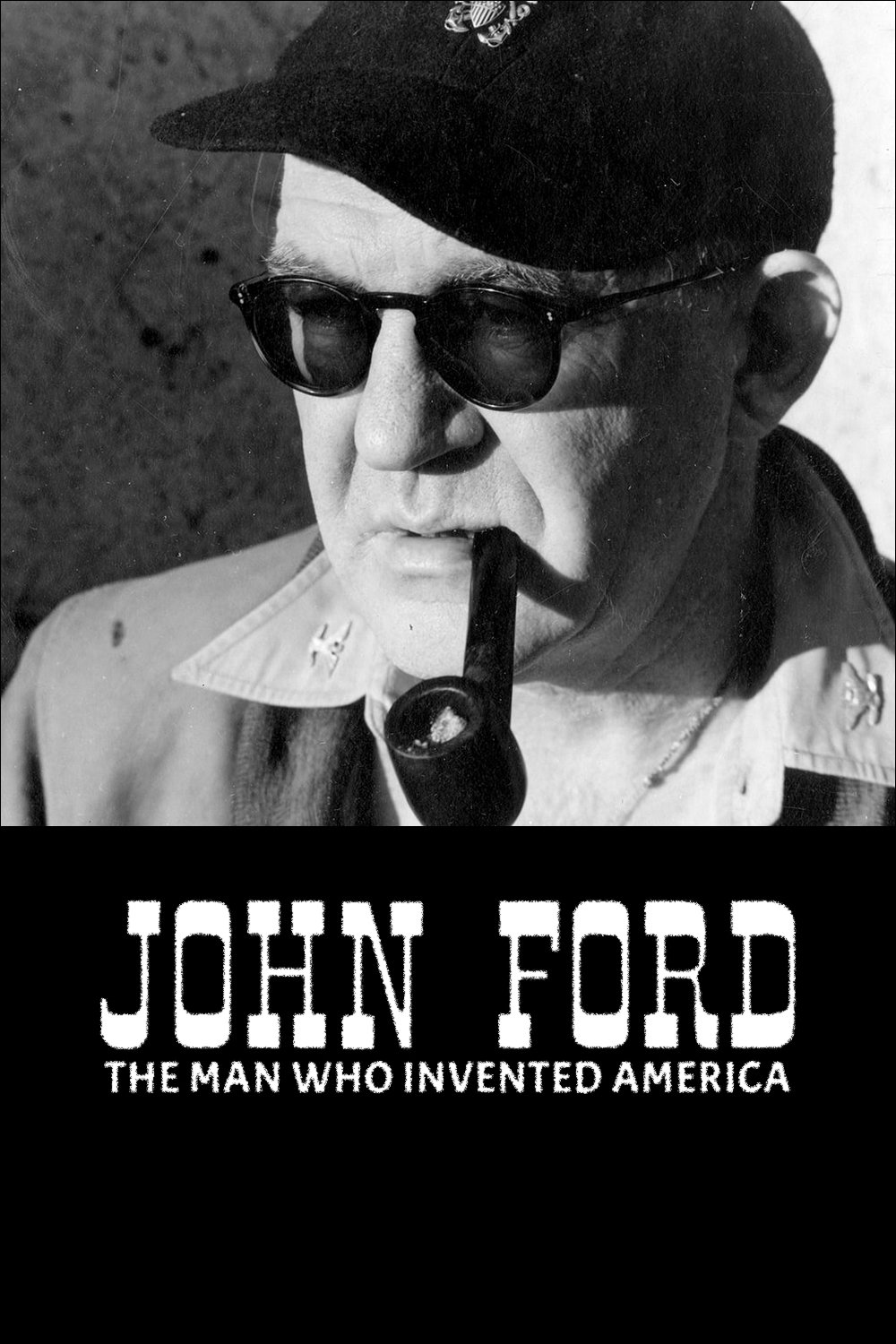
Over a 50-year career and more than a hundred movies, filmmaker John Ford (1894-1973) forged the legend of the Far West. By giving a face to the underprivileged, from humble cowboys to persecuted minorities, he revealed like no one else the great social divisions that existed and still exist in the United States. More than four decades after his death, what remains of his legacy and humanistic values in the memory of those who love his work?
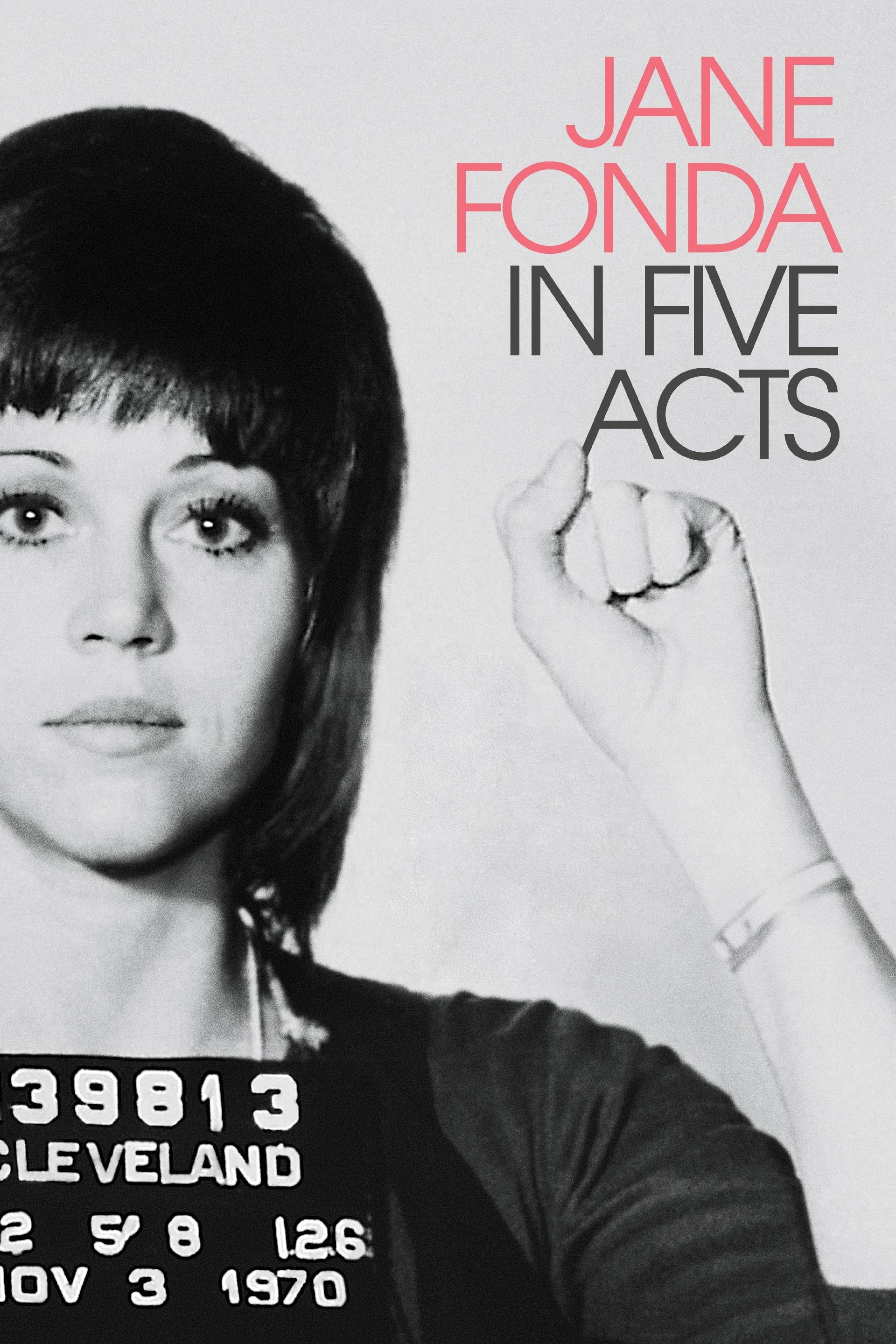
Girl next door, activist, so-called traitor, fitness tycoon, Oscar winner: Jane Fonda has lived a life of controversy, tragedy and transformation – and she’s done it all in the public eye. An intimate look at one woman’s singular journey.
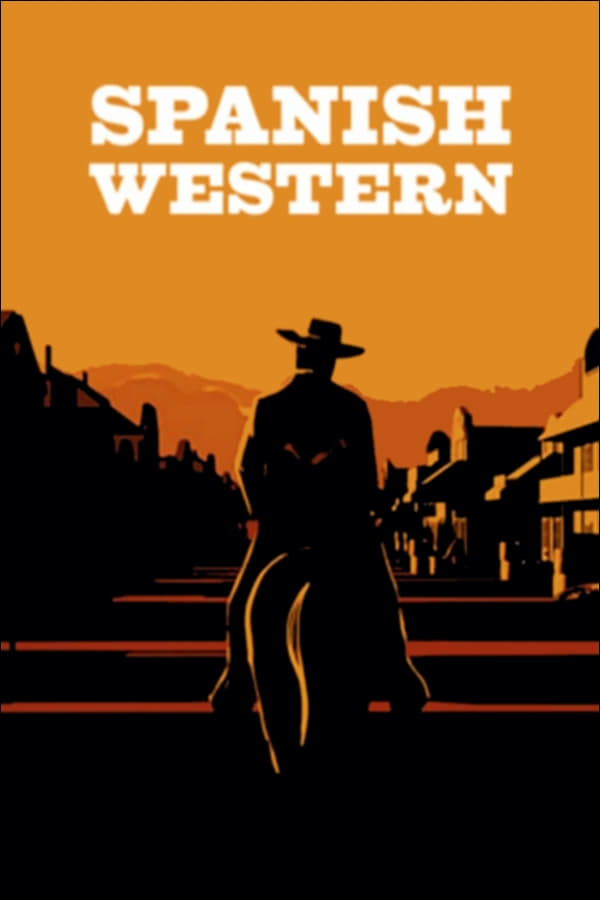
A vindication of the role of the technicians and artists who made spaghetti western genre possible, and a walk through the landscapes that made it possible to recreate in Spain, mainly in the desert of Almería, hundreds of adventures set in the remote American Far West.
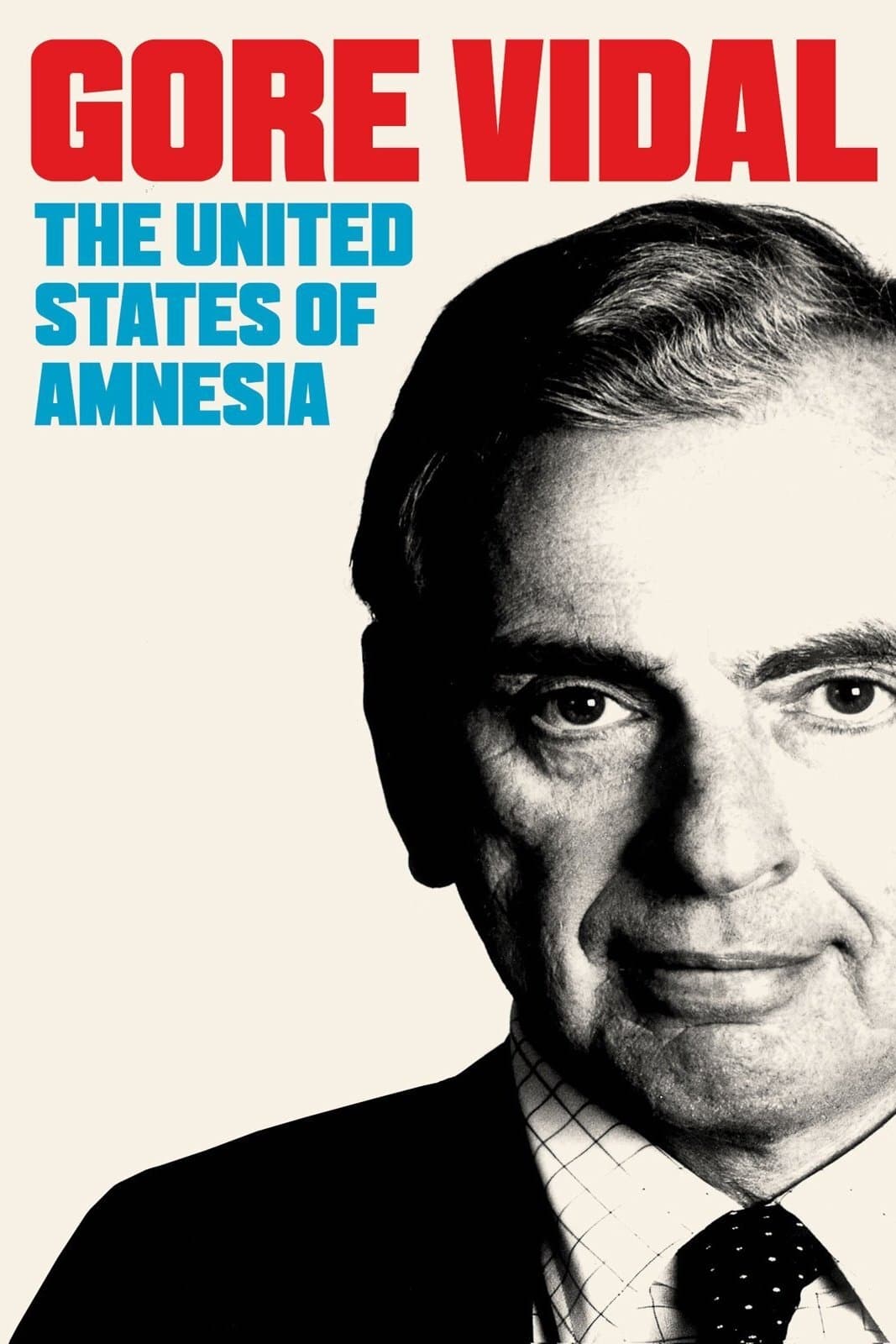
Anchored by intimate, one-on-one interviews with the man himself, Nicholas Wrathall’s new documentary is a fascinating and wholly entertaining tribute to the iconic Gore Vidal. Commentary by those who knew him best—including filmmaker/nephew Burr Steers and the late Christopher Hitchens—blends with footage from Vidal’s legendary on-air career to remind us why he will forever stand as one of the most brilliant and fearless critics of our time.

The defense and the prosecution have rested and the jury is filing into the jury room to decide if a young Spanish-American is guilty or innocent of murdering his father. What begins as an open and shut case soon becomes a mini-drama of each of the jurors' prejudices and preconceptions about the trial, the accused, and each other.
Henry Jaynes Fonda (May 16, 1905 – August 12, 1982) was an American actor who had a career that spanned five decades in Hollywood. Fonda cultivated a strong, appealing screen image in several films now considered to be classics, earning one Academy Award for Best Actor on two nominations. Fonda made his mark early as a Broadway actor and made his Hollywood film debut in 1935. His film career began to gain momentum with roles such as Bette Davis's fiancee in her Academy Award-winning performance in Jezebel (1938), brother Frank in Jesse James (1939), and the future President in Young Mr. Lincoln (1939), directed by John Ford. His early career peaked with his Academy Award-nominated performance as Tom Joad in The Grapes of Wrath, about an Oklahoma family who moved to California during the Dust Bowl 1930s. This film is widely considered to be among the greatest American films. In 1941 he starred opposite Barbara Stanwyck in the screwball comedy classic The Lady Eve. Book-ending his service in WWII were his starring roles in two highly regarded westerns: The Ox-Bow Incident (1943) and My Darling Clementine (1946), the latter directed by John Ford, and he also starred in Ford's western Fort Apache (1948). After a seven-year break from films, during which Fonda focused on stage productions, he returned with the WWII war-boat ensemble Mister Roberts (1955). In 1957 he starred as Juror No.8, the hold-out juror, in 12 Angry Men. Fonda, who was also co-producer, won the BAFTA for Best Foreign Actor. Later in his career, Fonda moved into darker roles, such as the villain in the epic Once Upon a Time in the West (1968), underrated and a box office disappointment at its time of release, but now regarded as one of the best westerns of all time. He also played in lighter-hearted fare such as Yours, Mine and Ours with Lucille Ball, but also often played important military figures, such as a Colonel in Battle of the Bulge (1965), and Admiral Nimitz in Midway (1976). He finally won the Academy Award for Best Actor at the 54th Academy Awards for his final film role in On Golden Pond (1981), which also starred Katharine Hepburn and his daughter Jane Fonda, but was too ill to attend the ceremony. He died from heart disease a few months later. Description above from the Wikipedia article Henry Fonda, licensed under CC-BY-SA, full list of contributors on Wikipedia.
By browsing this website, you accept our cookies policy.